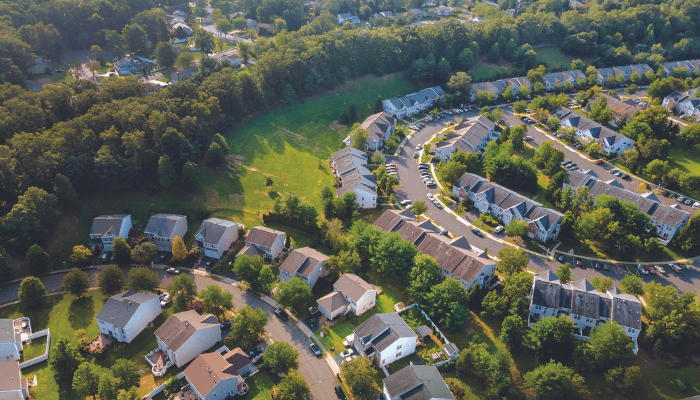Like taxing the rich or reducing the cost of education, the issue of whether to rent or own a home always has an army of financial experts arguing adamantly on both sides.
Some declare that owning a home is a liability when those monies could be put into investments or career building.
The other divide strongly believes that owning a home should be done as soon as one can afford it.
As a matter of necessity and not that of indulgence, the dilemma becomes more for migrants who travel overseas to seek greener pastures.
Most never plan to stay their entire lives in a foreign country and opt for getting rented apartments. For example in the United States, only 55.2% of those born outside the country owned homes as compared to 64.46% of home-born Americans.
According to a 2014 Business Day news article, Nigerians were among the top homeowners in South Africa.
Is it a wise choice to own a home as a Nigerian living in the diaspora?
Most Nigerians who make the move to Europe do so after securing a job there or for study purposes.
After months or years of living in rented apartments, they begin to question the rationale of their decision. Wouldn’t it be better to buy a home and cut off the rent expenses?
Would my finances improve when I cut rent costs?
Unfortunately, migrants are faced with a plethora of challenges when attempting to purchase properties abroad. In Canada for example, only 4.7% of single detached homes are owned by immigrants. Some of these issues are:
- Cumbersome Paperwork: In the US for example, even undocumented migrants can buy properties but they come with lengthy paperwork. Purchasing a home for everyday citizens involves a lot of paperwork and migrants have it gets even harder. Migrants in the US are required to declare their source of wealth and KYC documentation. These lengthy paperwork and bottlenecks make house purchases difficult.
- Lack of mortgage and house loans: Migrants in the US and UK generally do not have easy access to mortgage and credit facilities. For example in the US, bank logs of years of transactions and good credit score is a prerequisites for mortgage applications. Most migrants and Nigerians who just recently moved overseas simply do not possess these pedigrees.
The implications
Most Nigerians who live in the diaspora have to pay for houses in cash.
Unlike more friendly options like mortgages, cash payments require everything to be paid upfront.
This causes more financial strain on the buyer as against the instalment approach mortgage offers.
The average price of a home in the US is $426,000, this is more than seven times the median annual income of Nigerian Americans.
The average home price in Canada is $612,204 which is more than ten times the country’s average salary of $59,300 per annum. Is it wise to save up and use ten years’ worth of salary for the acquisition of a house?
While some may argue that buying a house would save you the unnecessary stress and pressure of paying rent, it is undeniable that the money used in purchasing a home could have been put to more productive use.
For instance, those monies could be split and put into investments or savings for emergencies. It is not financially wise to own a home and have nothing left to invest or save.
In the last 10 years, for example, Apple stock has yielded a 26.08% return.
For a $100,000 investment, that is a $26,080 return. Although real estate also appreciates over time, they are not a particularly liquid asset (i.e it cannot be converted to cash easily)
In conclusion, owning a home may not be advisable for everyone.
Depending on your current financial situation, you may decide against buying a home now especially because you may have to pay in full.
Instead of putting yourself under financial duress, you can make do with a rented apartment.
However, for some, the benefits of owning a home abroad far outweigh the drawbacks. In this case, if it is affordable, you should go for it.
Read Also: New Ministers: Oyetola, Alake, others may share buildings, directors





